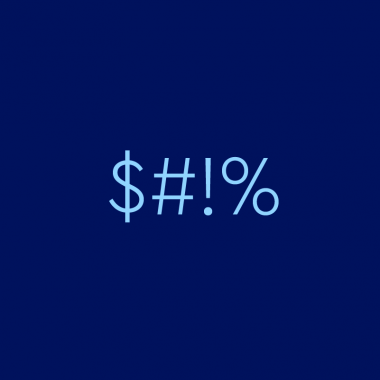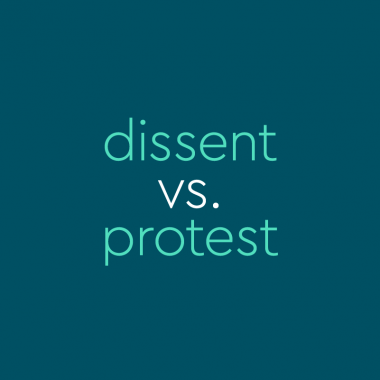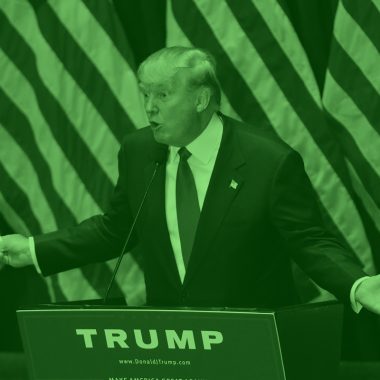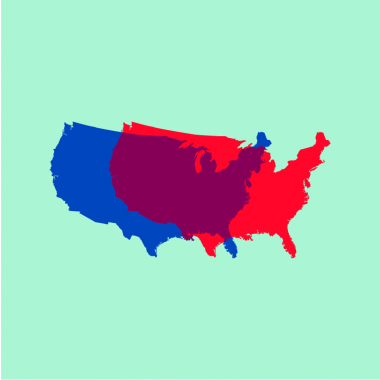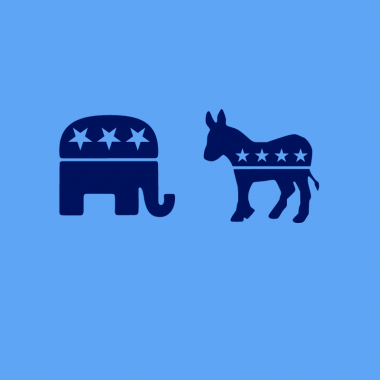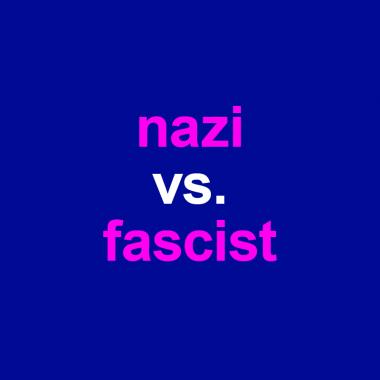Tag Archives: interest-history
-
The Origin Of The Phrase “Thirty Days Hath September”
Just about every elementary schooler learns the months of the year with an easy rhyme: “Thirty days has [or hath] September, April, June, and November. All the rest have 31, except February …” How exactly does it end? That depends on how you learned the poem, but one common version goes: “All the rest have 31 / But February’s 28 / The leap year, which comes once …
-
What Does Freedom Of Speech Mean?
Which amendment gives us freedom of speech? Congress shall make no law respecting an establishment of religion, or prohibiting the free exercise thereof; or abridging the freedom of speech, or of the press; or the right of the people peaceably to assemble, and to petition the government for a redress of grievances. —First Amendment to the Constitution We Americans love to refer to the First …
